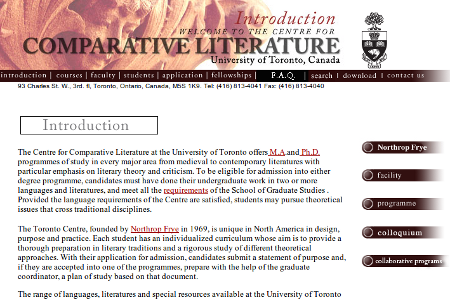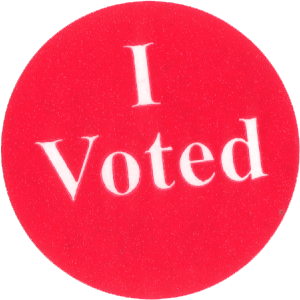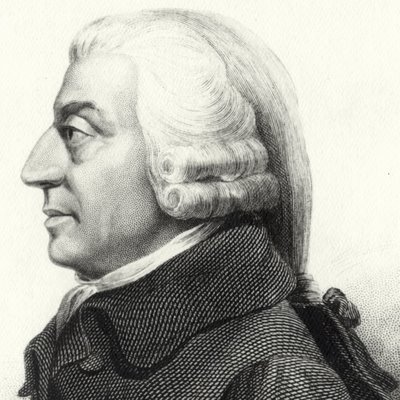httpv://www.youtube.com/watch?v=J53feA5e5SM
The Circus (1928) seems to be regarded as Chaplin’s “little-seen masterpiece,” so let’s see it.
Frye in “The Eternal Tramp” (1947):
Chaplin’s tramp is an American dramatic type, and Rip Van Winkle and Huck Finn are among his ancestors. The tramp is a social misfit, not only because he is too small and awkward to engage in a muscular extroverted scramble, but because he does see the point of what society is doing or to what purpose it is it is expending all that energy. He is not a parasite for he possesses some occult secret of inner freedom, and he is not a bum, for he will work hard enough, and still harder if a suitable motive turns up. Such a motive occurs when he discovers someone still weaker than himself, an abandoned baby or a blind girl (students of Jung will recognize the “anima” in Chaplin), and then his tenderness drives him to extraordinary spasms of breadwinning. But even his normal operations are grotesque enough, for in the very earnestness with which he tries so hard to play society’s game it is clear that he has got it all wrong, and when he is spurred to further efforts the grotesqueness reaches a kind of perverse inspiration. The political overtones of this are purely anarchist — I have never understood the connecting of Communism with Chaplin — the anarchism of Jefferson and Thoreau which sees society as a community of personal relationships and not as a mechanical abstraction called a “state.” But even so the tramp is isolated by his own capacity for freedom, and he has nothing to do with the typical “little guy” that every fool in the country has been slobbering over since Pearl Harbor. (CW 11, 117)



